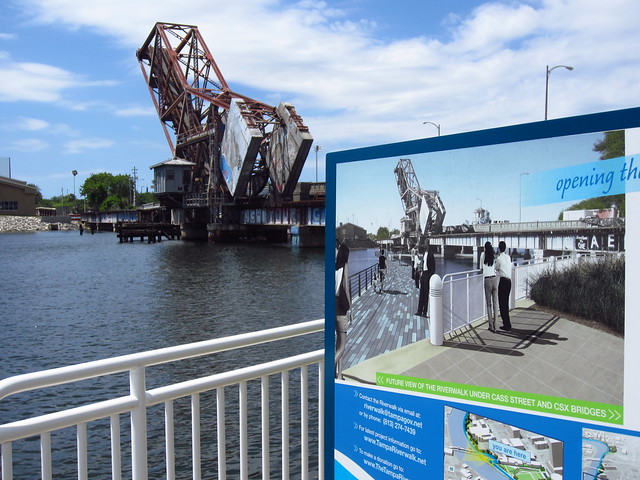
The Senate Environment and Public Works Committee once again delayed the release of its six-year reauthorization bill, a follow-up to the MAP-21 bill that expires September 30. Committee Chair Barbara Boxer had initially promised to unveil the legislative text early this week, then today, and now is promising to release the bill next Monday, with a markup scheduled for next Thursday.
Meanwhile, key interest groups are already trying to improve the bill-to-be, which promises to largely maintain the status quo as far as federal funding levels and formulas go. Yesterday, a long list of local Chamber of Commerce executives, representing business leaders in metropolitan areas from Mobile to Youngstown to Brooklyn, sent a joint letter to their members of Congress and to EPW leadership. The letter urges Congress "to address both the federal funding shortfall and the impediments to empowering metropolitan regions to advance locally-driven innovative solutions to our transportation challenges."
The chamber executives, all members of the Metro Cities Council at the American Chamber of Commerce Executives, join a long list of others, from the U.S. Chamber of Commerce to the Obama administration, in advocating greater federal transportation spending. Their letter points out that municipalities and states are "stepping up to identify sources of additional transportation revenue," but need "a strong federal partner" to keep up with critical transportation needs.
The bill the EPW Committee will reveal on Monday does not have any funding stream attached to it -- that's the Finance Committees's job -- nor does it raise investment levels over the previous bill, which, in turn, recycled numbers from the bill before that.
In a Commerce Committee hearing yesterday, Transportation Secretary Anthony Foxx dodged a question about whether the administration had ruled out a gas tax increase, answering only that he would "listen to Congress."
"That’s what your predecessor said," retorted ranking Republican John Thune, "except he ruled it out." Committee Chair Jay Rockefeller needled Foxx on his evasiveness: "You’re better than that, Mr. Secretary."

The executives argue that the impending bankruptcy of the Highway Trust Fund, combined with Congress's continued unwillingness to even discuss any new ongoing revenue sources, will damage the infrastructure that metro economies rely upon:
Without a sustainable source of funding, the Trust Fund will be in a deep deficit that will require major cuts in federal highway and transit funding or a potential halt of the entire federal transportation program... We need your support to ensure the viability of this critical component of the nation's economy, including its ability to accelerate the all too slow recovery of the jobs lost since the onset of the deep recession that started in 2008.
The business executives' mentions of economic recovery and "empowering metropolitan regions" might seem to endorse continued spending on proven programs like TIGER, which allow MPOs and localities to bypass state DOTs in implementing locally responsive transportation innovations.
The Chambers of Commerce are far from the only ones crying out for predictable transportation investment. An organization called the Rally for Roads is planning an event for next month at the Capitol.





